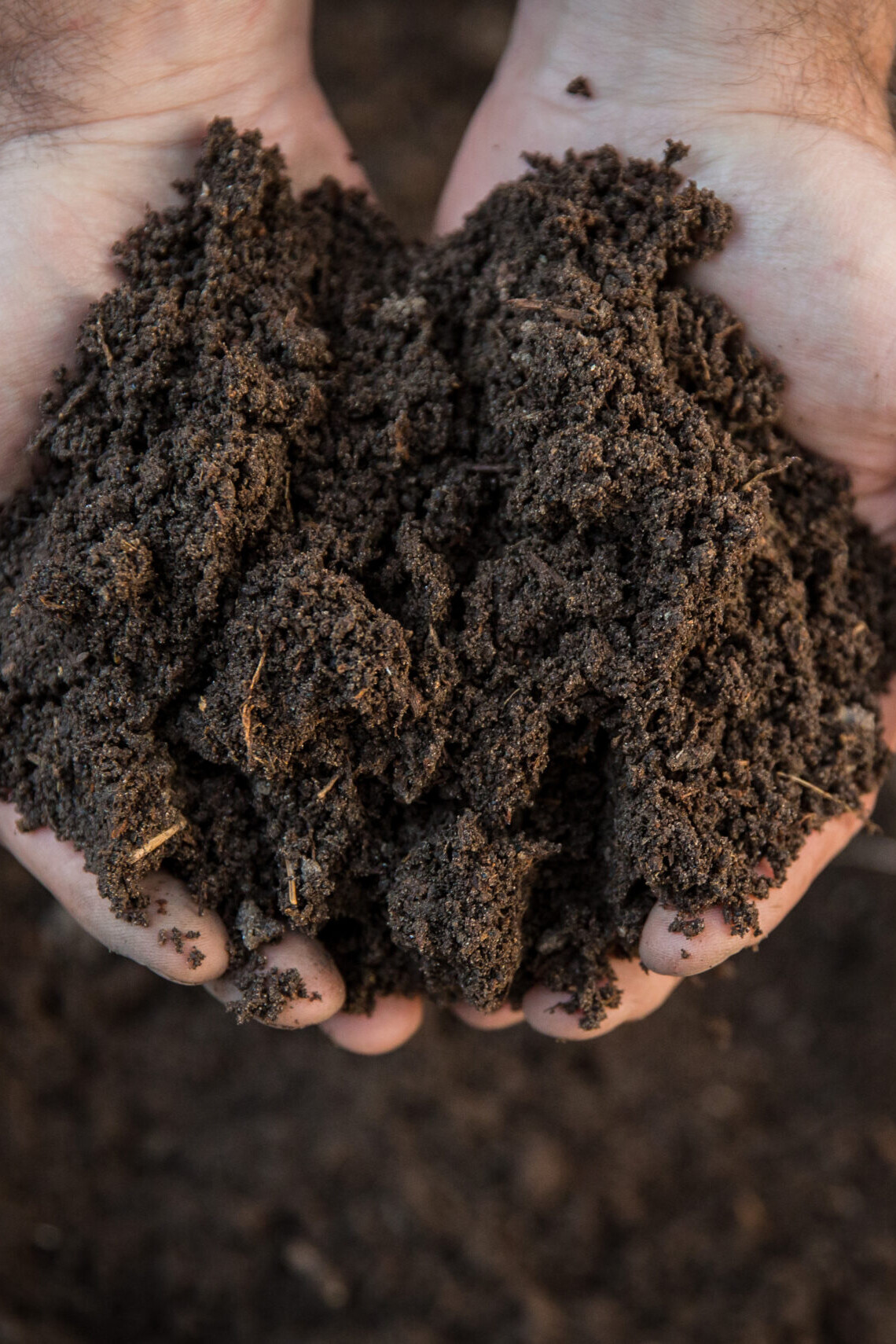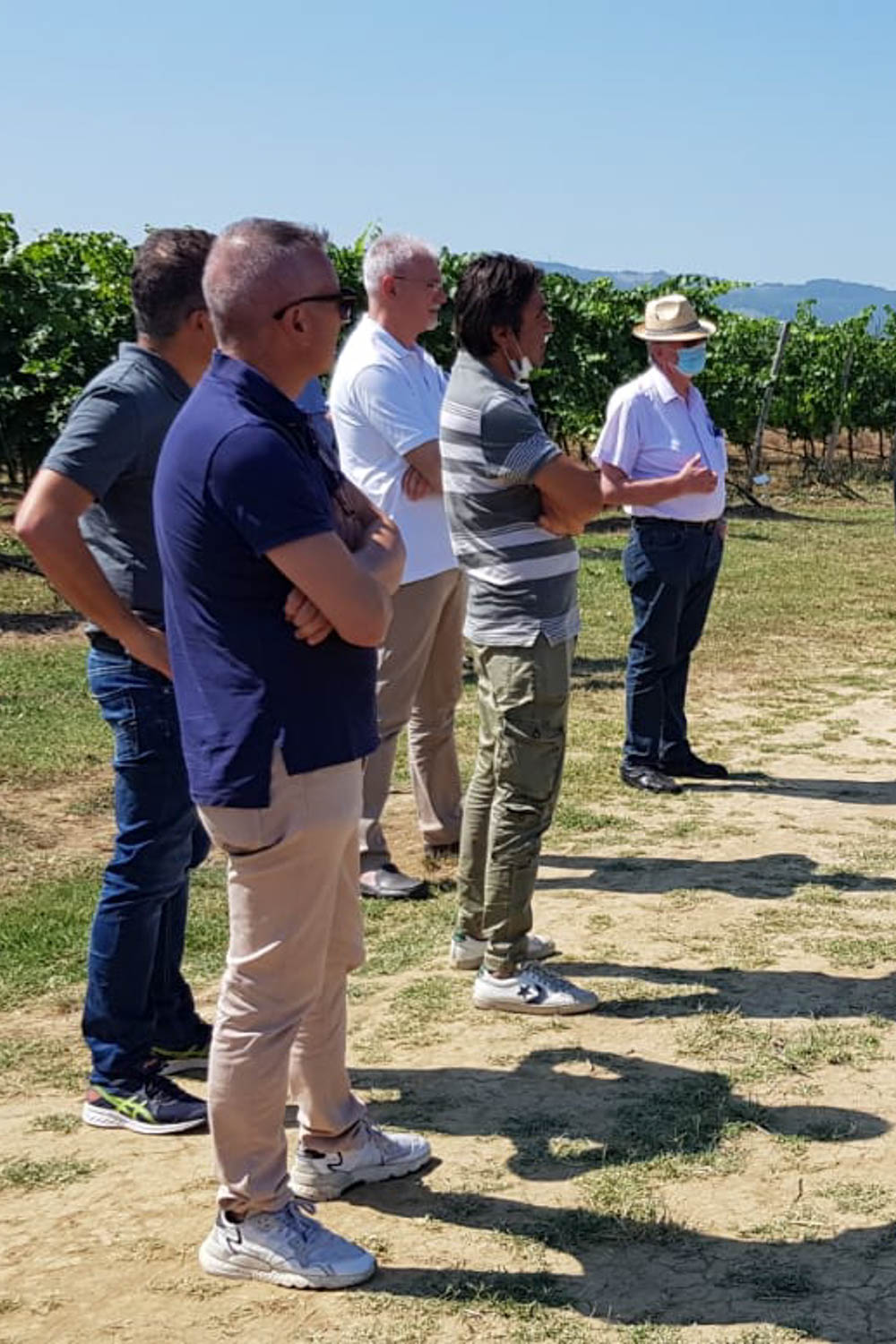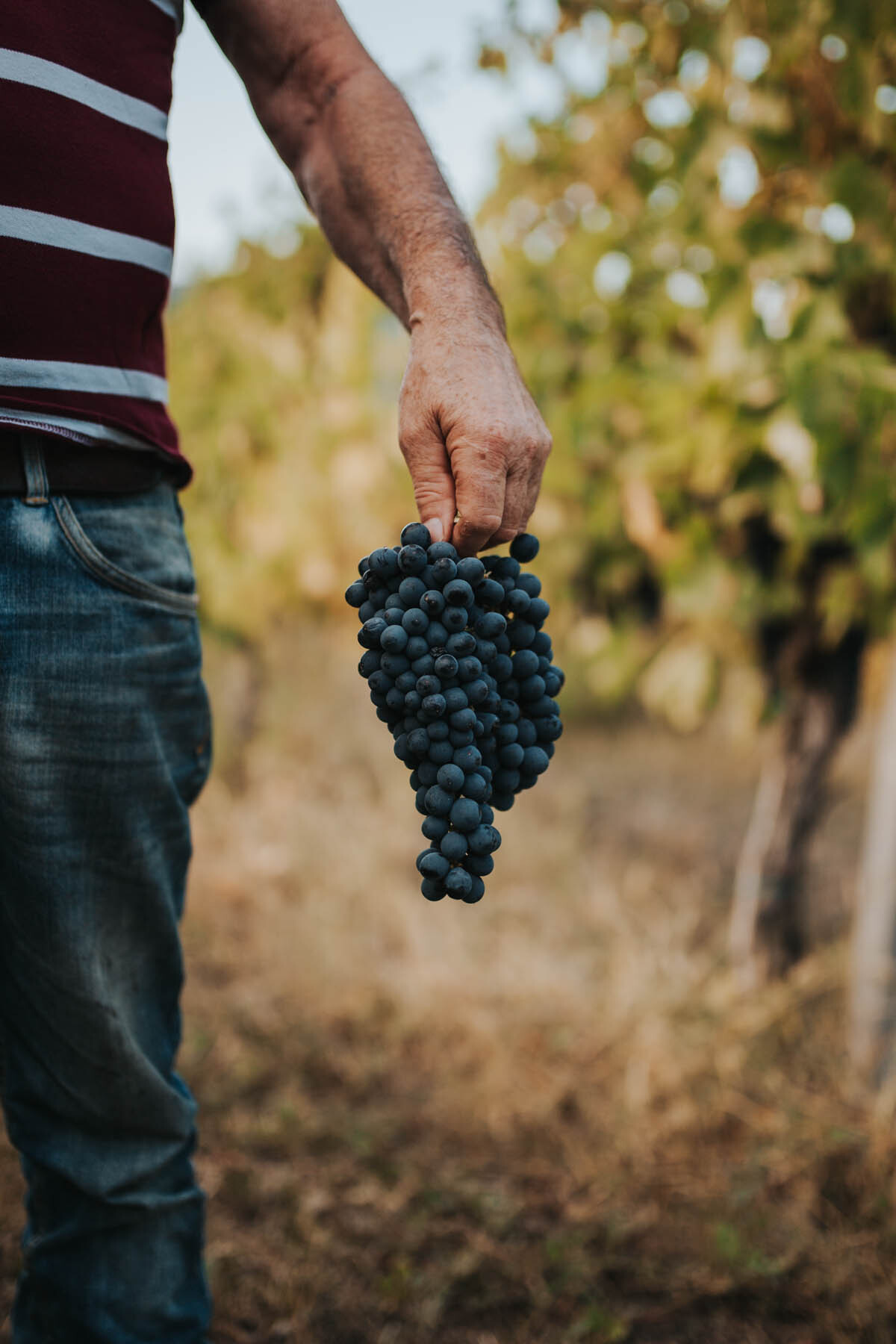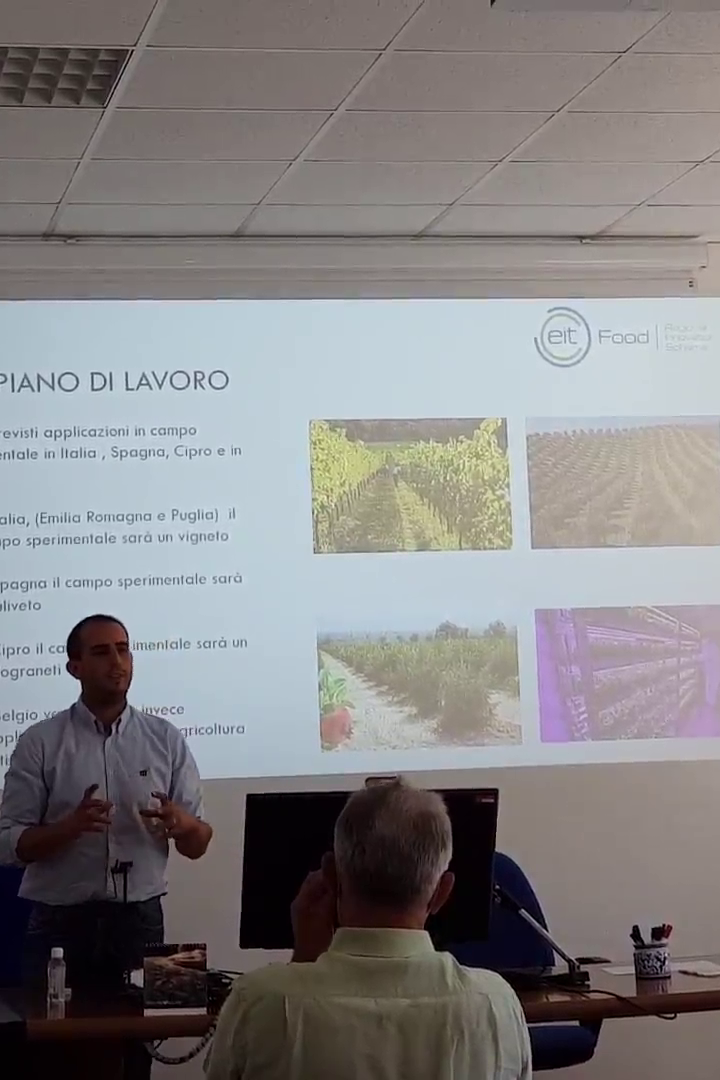Project
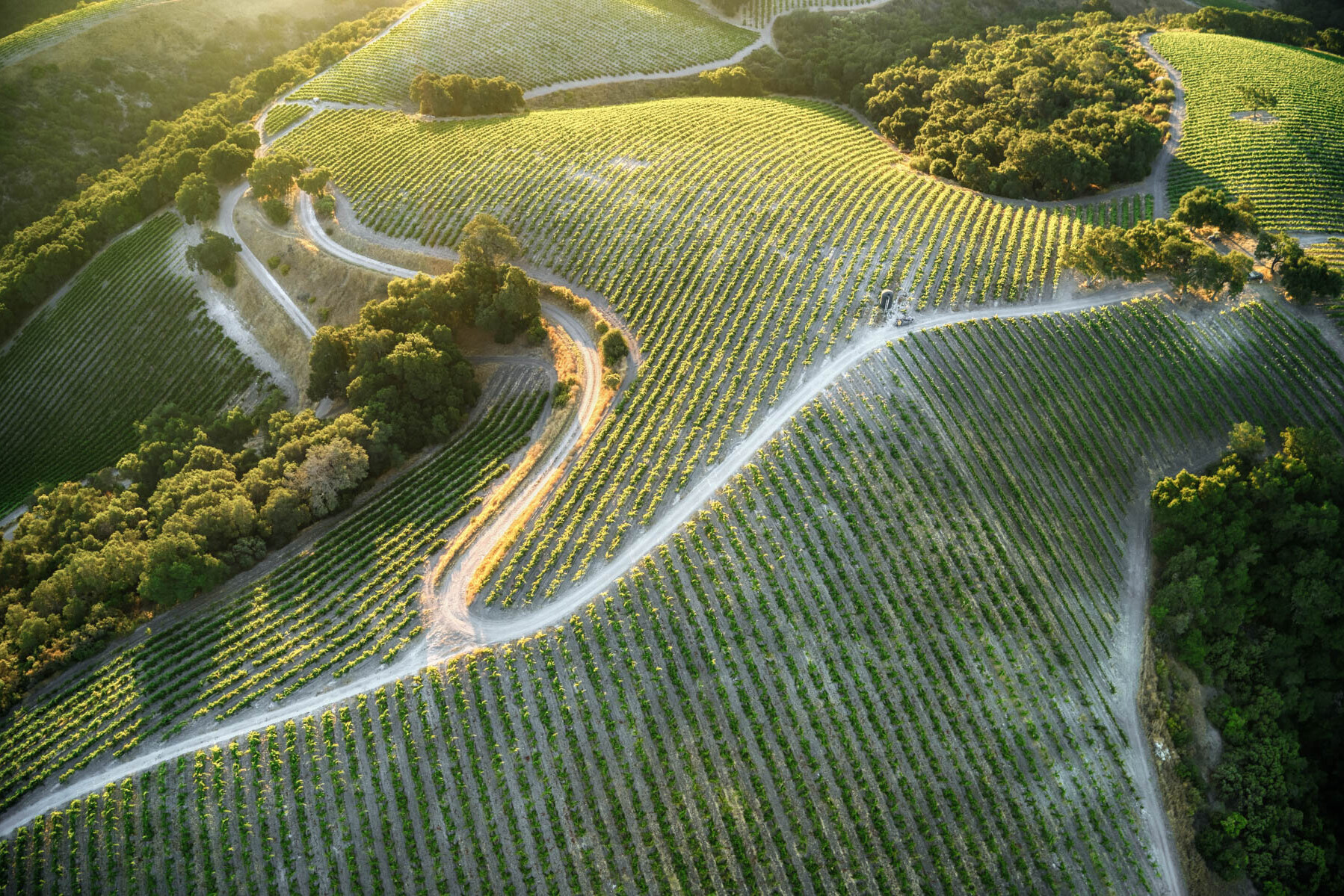
Black to the future is a innovation project, co-funded by the European Institute of Innovation and Technology (EIT), European Union, within the Regional Innovation Scheme (RIS) framework, to develop an advanced mixture of biological charcoal (biochar) and compost called “CBmix” with the goal to reduce soil depletion, increase carbon capture, and plant yield improvement.
Black To the Future aims at reducing desertification, improving soils and increasing carbon sequestration and yields quality within a circular economy network where farmers are feedstock producers and product end users.
We deal with the engagement of farmers into novel circular economy supply against product reward schemes.
We crave for an innovation of the current over-fertilisation practices through advanced organic fertilisers allowing for carbon storage and drought resistance meeting profitability and new climate needs.
We dream of train and educate the future farmers generation such as high school students and farmers’ daughters and sons in sustainable soil management and smart use of the agricultural residues.
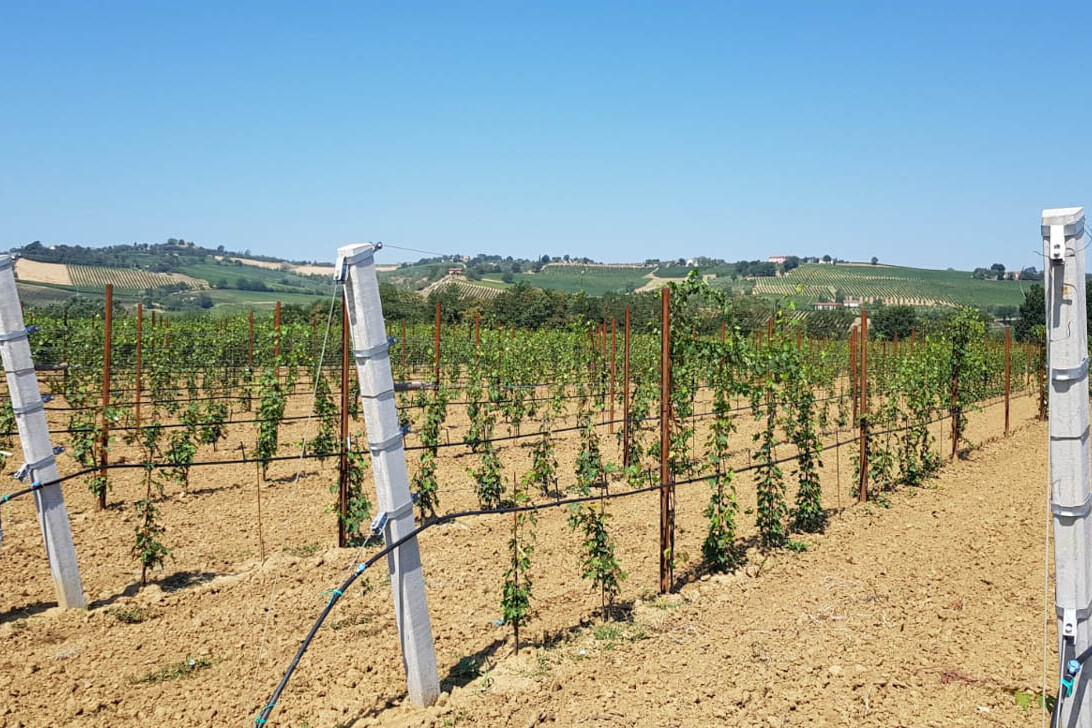
Objectives
#1
#2
#3
#4
Objectives
#1
#2
#3
#4
Work packages
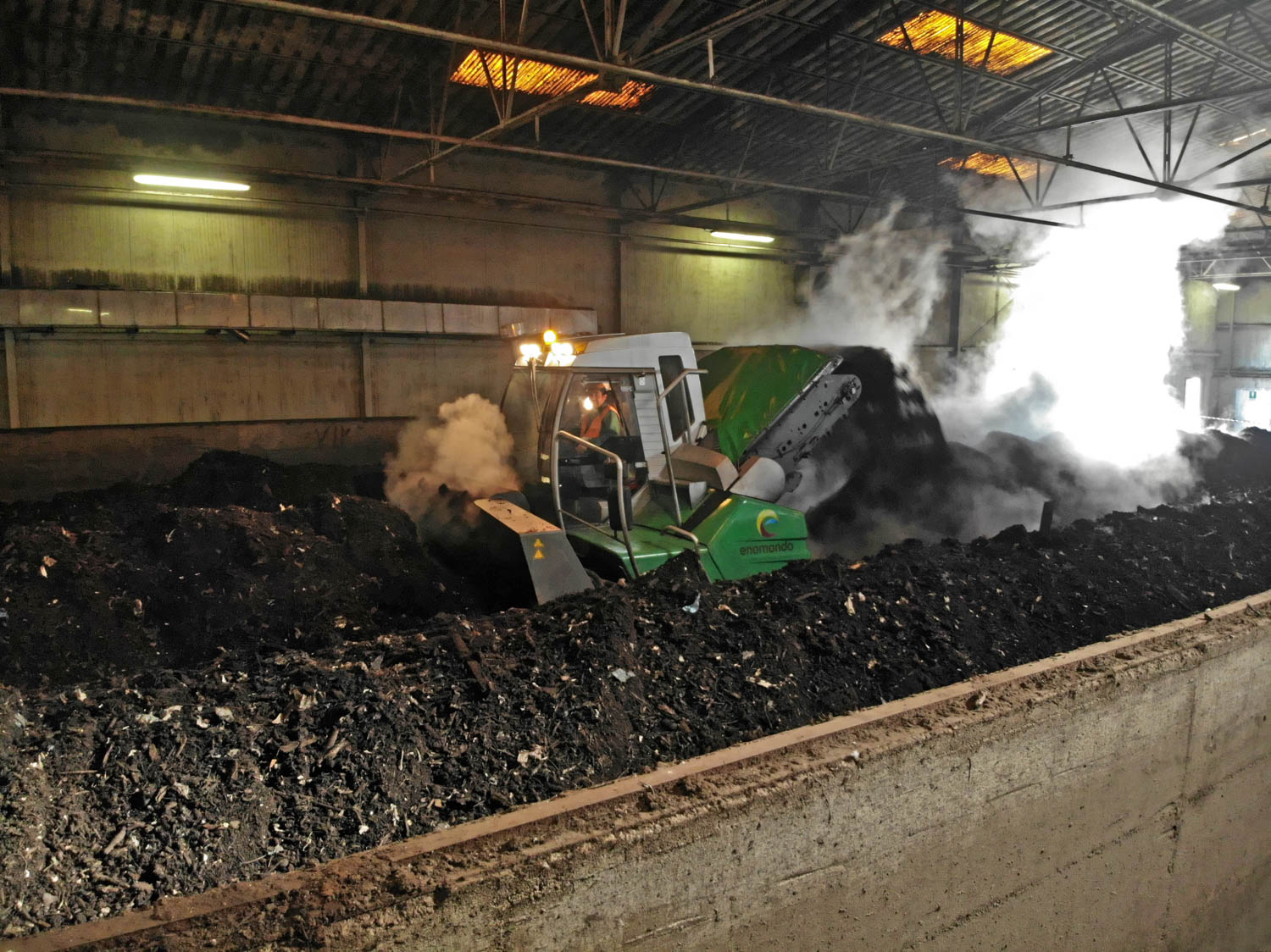

Compost/biochar mixture production
Create a guideline to anticipate dosing and effects of compost and char separately and synergistic effect of CB mix in Italy, Spain and Cyprus.
Mapping the operant compost and biochar plants, located in Italy, Spain and Cyprus for dimension and profitability.
Mapping the available biomasses in the three different countries and developing a crowd-based tool to allow farmers to sign-up and be involved in a biomass supply-demand connecting tool based on a Google maps platform.
Biochar production and CB production. Using appropriate technology, the biochar for the blend will be produced from the pruning residues of the vineyard and subsequently characterized for their main physical and chemical parameters. Then, based on the guideline provided by Enomondo, the CB production will be performed in each country using local compost. Aer the co-maturation period CB will be characterized following local standards in order to evaluate its compliance with legislation parameters;
CB compliance to new EU fertilizer Reg.1009/2019. The use in the EU market and CB labelling will be continuously monitored in accordance to the implementation of the Regulation 1009/2019 and connected regulations (organic farming, waste management, etc.), this to facilitate the registration of the product and acquire preliminary recommendation from the accreditation bodies.
Agronomic demonstration pilots
The selection and design of the experimental plan build up on experiences already obtained during a former 2-year study at the CRPV experimental field located in Tebano (Northern Italy), where CB application resulted in a significant improvement of soil health and plant growth.
As a follow-up we intend to demonstrate the beneficial impacts of our mixture for a broader end users base by its application to 3 sites in RIS areas with an advanced state of deserficaon: South Italy (Puglia), Cyprus (Limassol), Spain (Murcia).
CB will be applied following local conventional agricultural practices requiring 20 tons per hectare. Four treatments will be tested:
(i) Control (no amendment)
(ii) Compost
(iii) Biochar
(iv) A CB mix, in a randomised block design with three replicates.
Soil health will be monitored by the analysis of physical and chemical soil parameters (pH, WHC, elemental composition, nutrient values, etc.) (0-40 cm) and enzymatic analysis, PLFA, NGS.
Changes in the quality and stability of soil organic matter will be evaluated by solid-state 13C NMR spectroscopy.
The study of P and N cycling will be performed by extracting soluble P and inorganic Nitrogen. Foliar analysis and climate monitoring will also be performed.
Plant Phenological analysis. For all crops we plan the typical analysis during the growth cycle and the final product.
For all these analyses we have a detailed plan based on the phenological phases of each of these crops.
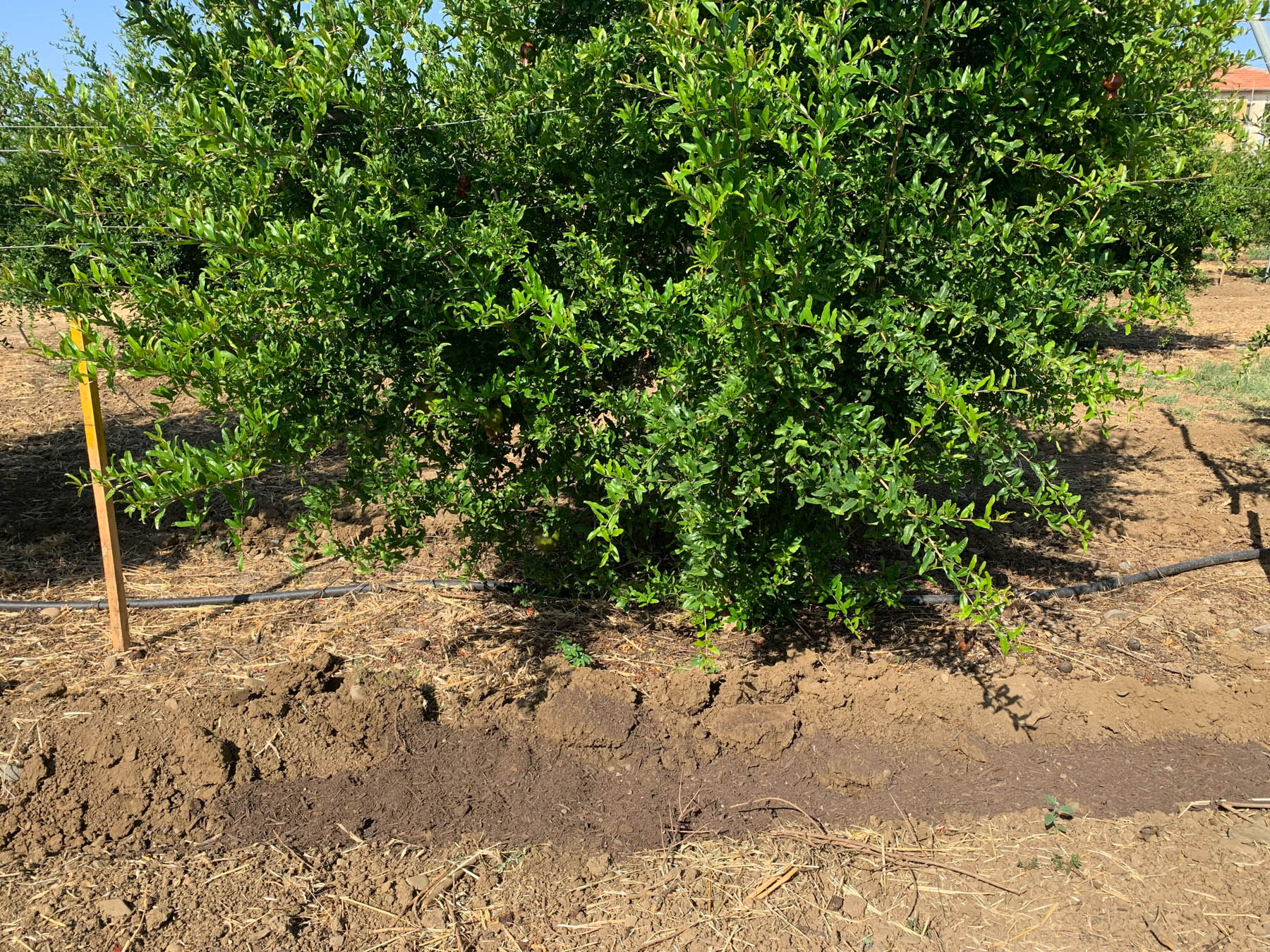
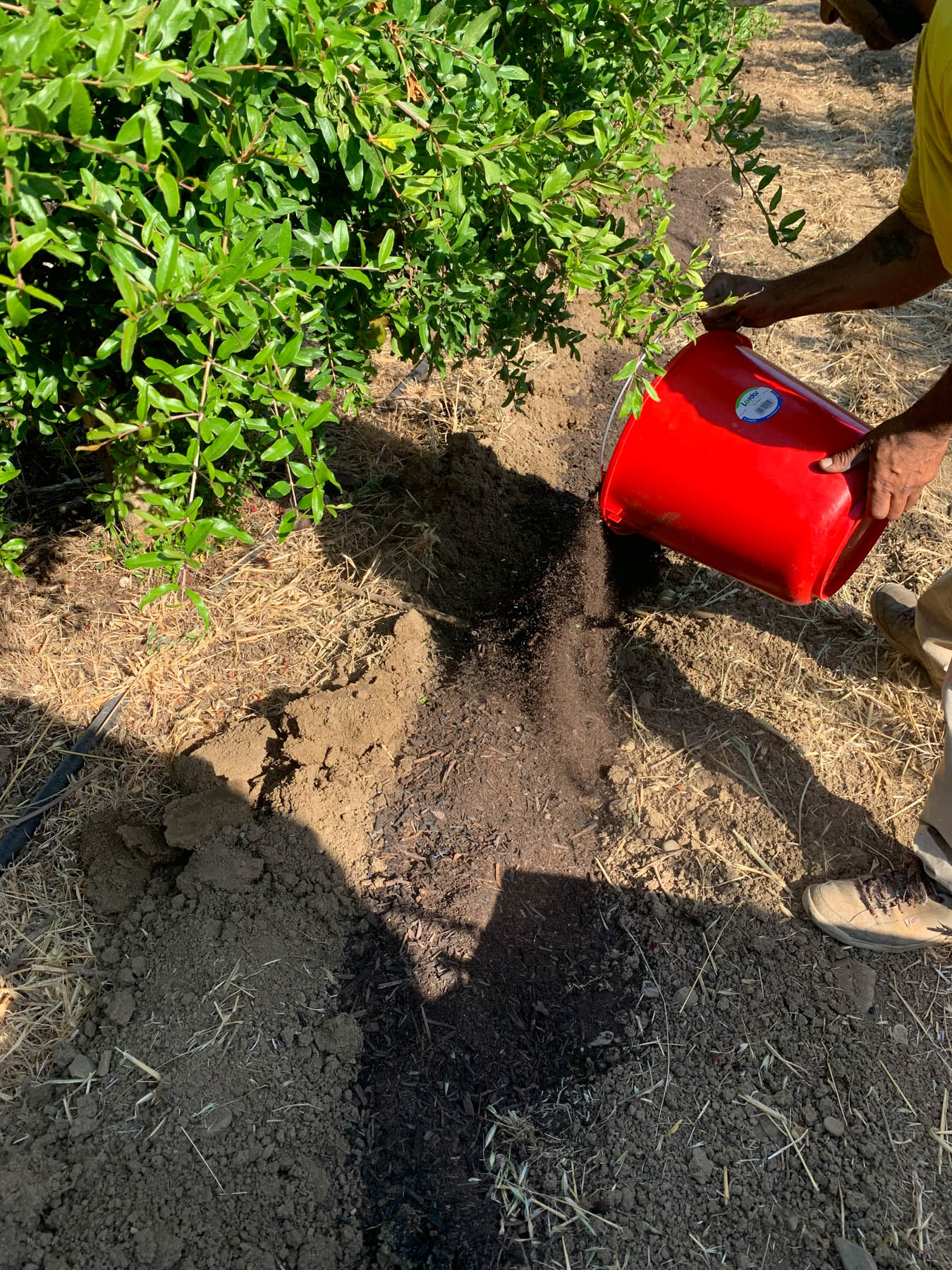
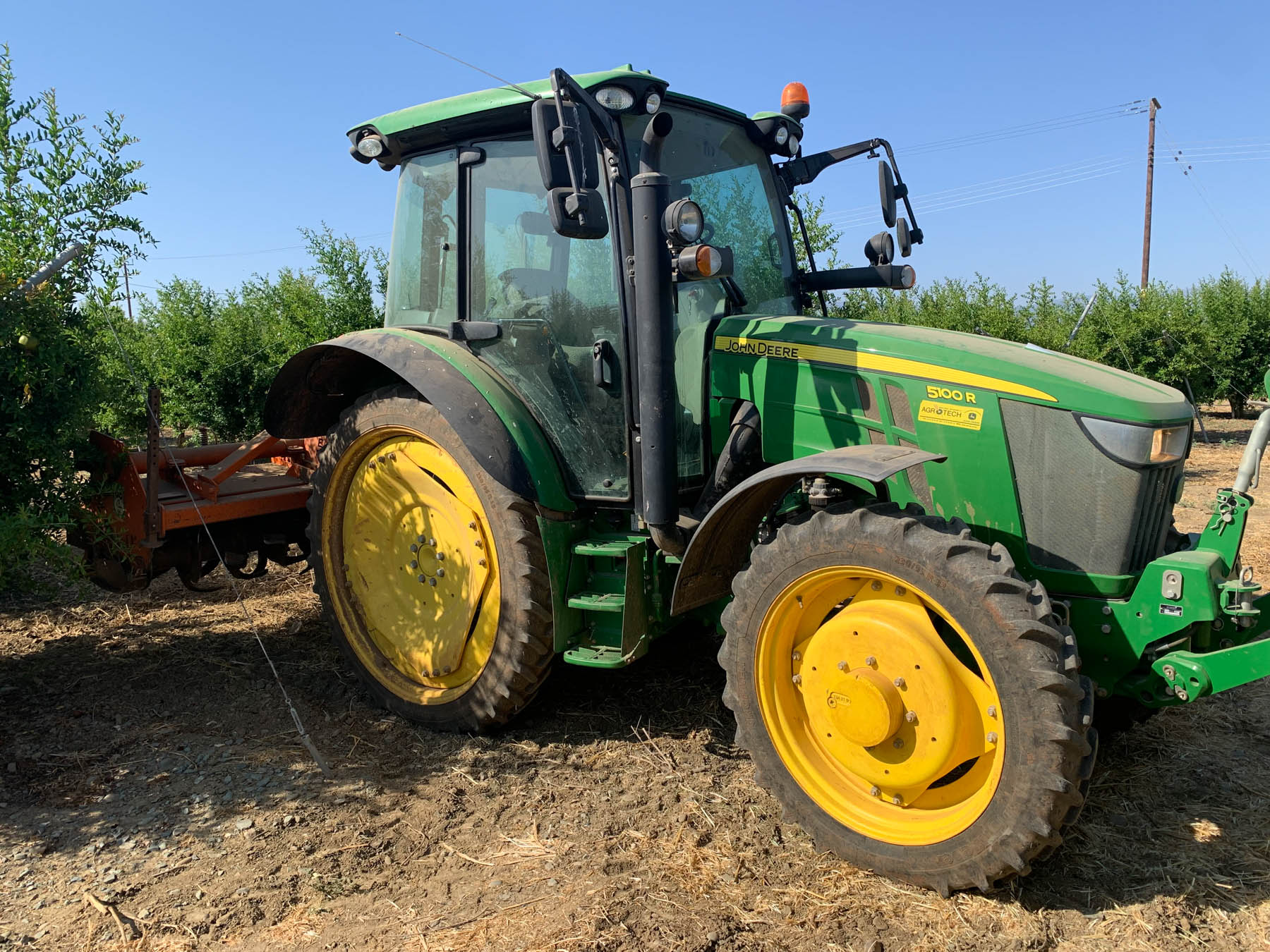
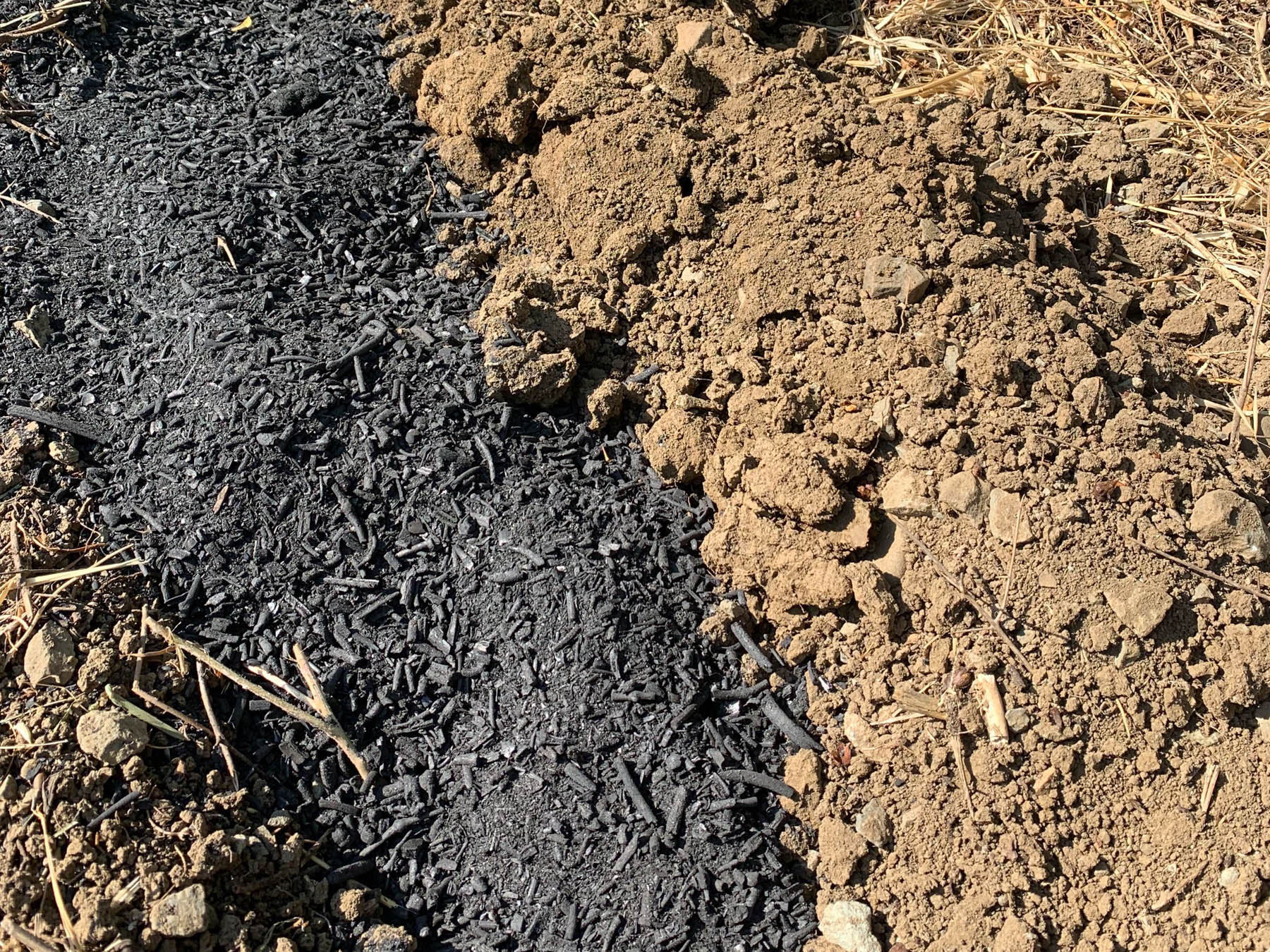
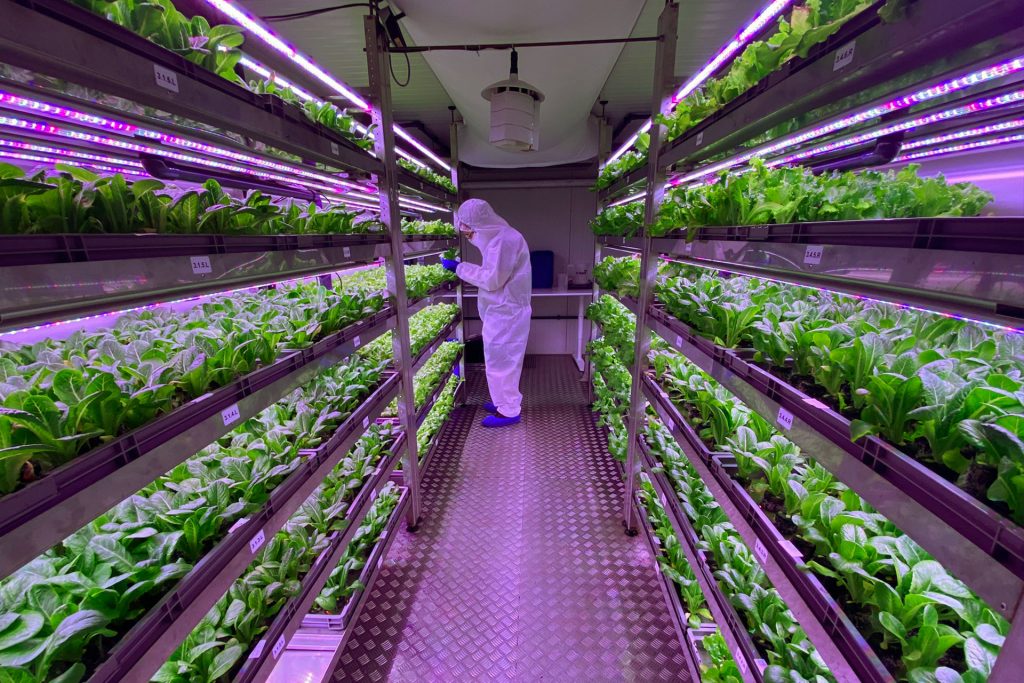
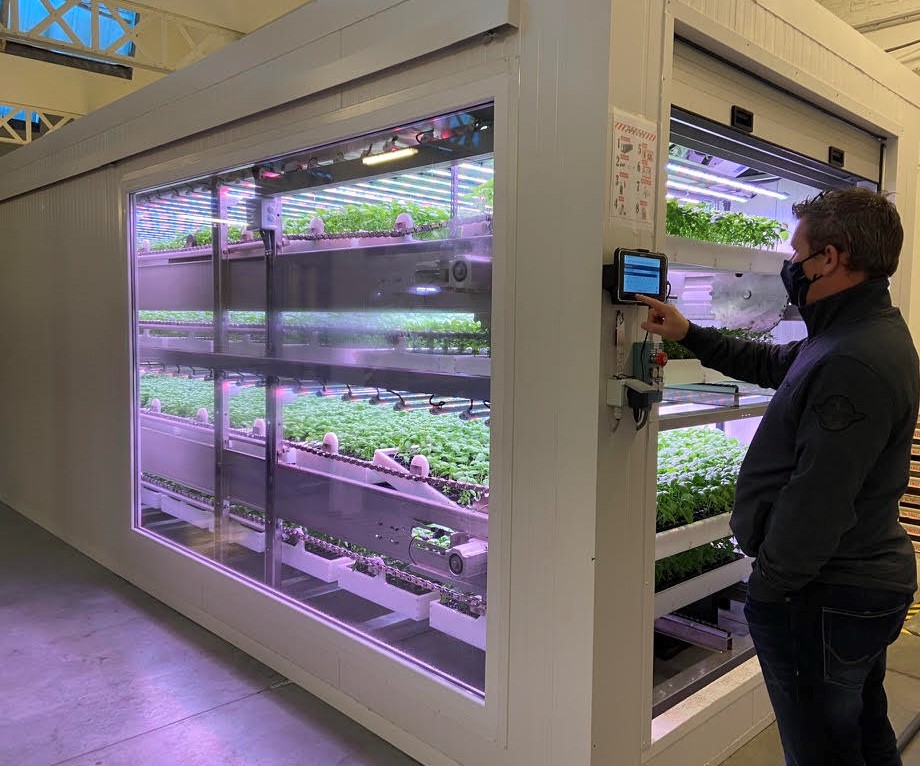
Vertical agriculture
Test of CB mix in microgreens, baby leaves, and herbs: the aim of this task is to test the growth performance of a CB mix in a hydroponic set-up on different commercial popular crops types such as herbs, baby leaves and microgreens. To this end, it is expected to identify at least one positive effect during the crop development as compared with the control substrate. Each cultivar will be tested using the CB mix against a control substrate.
Effects of CB mix on yields and other physiological parameters. Quantify at least two physiological parameters in order to qualify the CB mix as successful. The assessment will be performed during the growth cycle, at harvest of the crop and aer harvest and shelf life test for the final assessment.
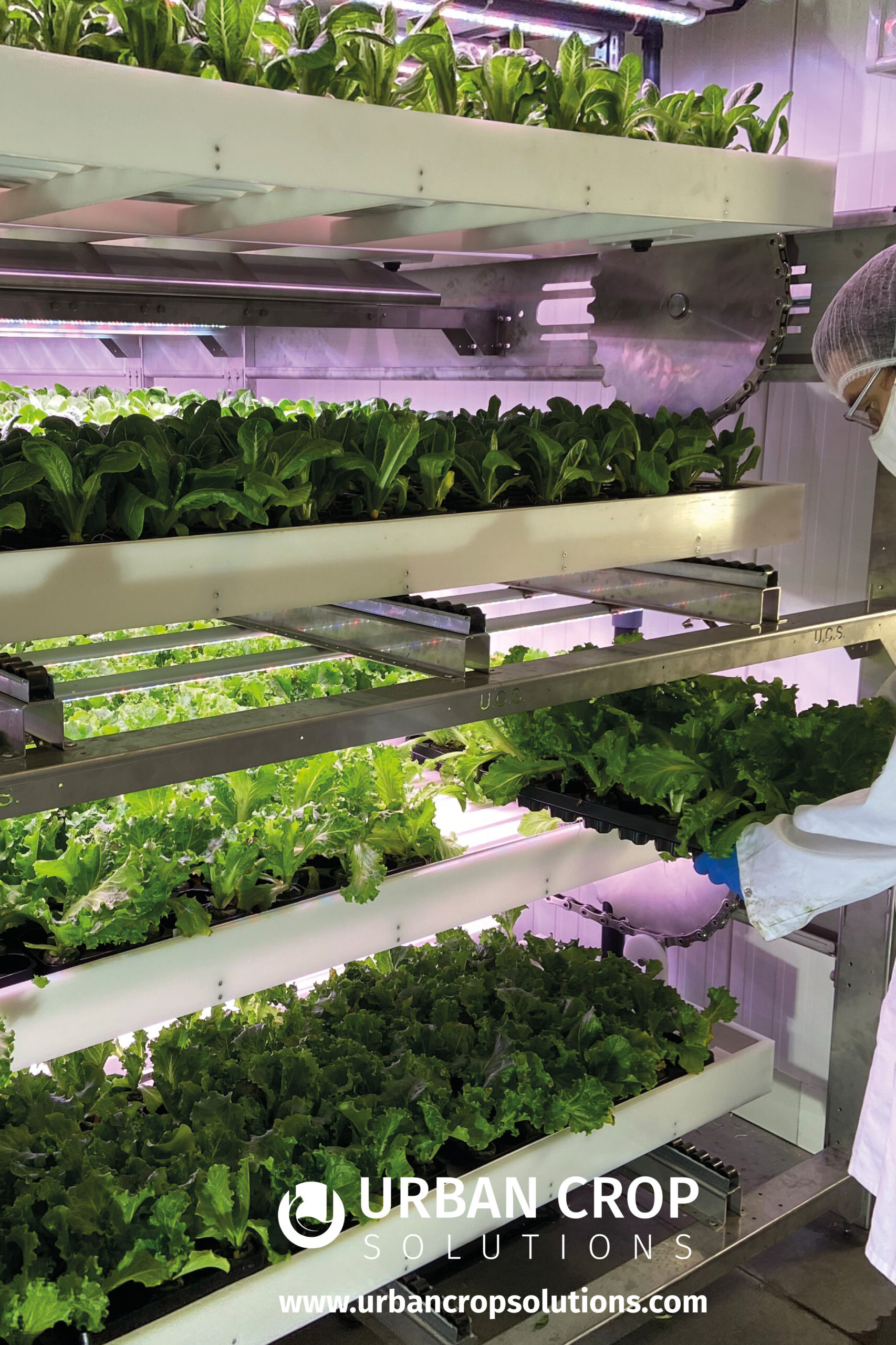
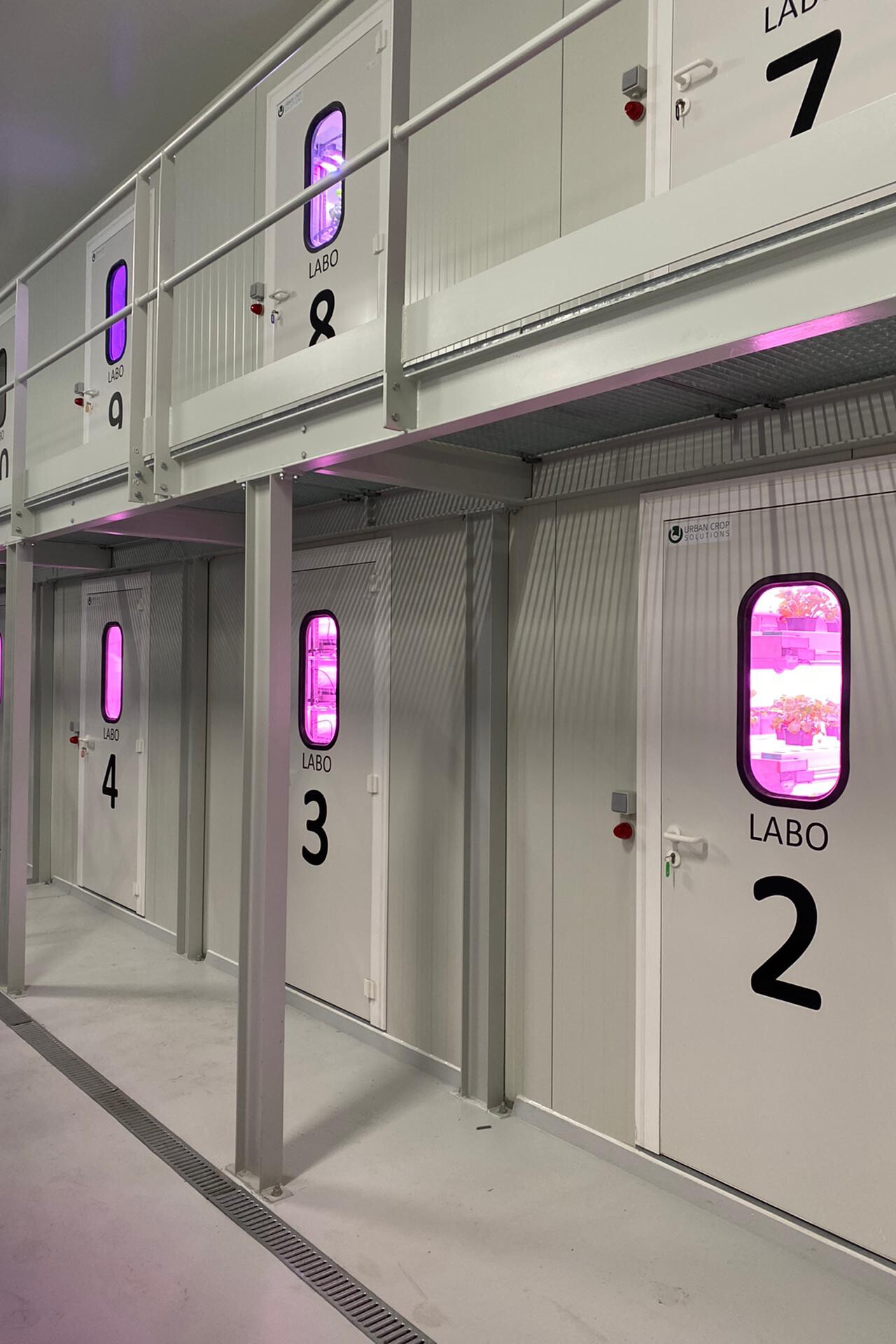
Sustainable Circular Business Model
Definition of barriers and limitations to current use of compost in agriculture. At least 100 surveys will be carried out to farmers in RIS regions in order to collect information and propose solutions to overcome current barriers (even social) that limit wide compost adoption. The same questionnaire will be proposed to farmers during Farm Lab days.
CB production cost measurement. Different scenarios for residue management for CB production will be evaluated in order to identify the most appropriate for each crop. Then, an economic and technical comparison will be made between the construction of large or small centralised plants and relocated to the territory.
Customer segment, market channels definition and start-up creation assessment. End users will be idenfied among farmers who practice conventional and organic agriculture, starting from soils under strong desertification threat.
CB premium price definition. A market analysis on comparable products will be performed. At the same time, an evaluation of the customer-side price will be realised.
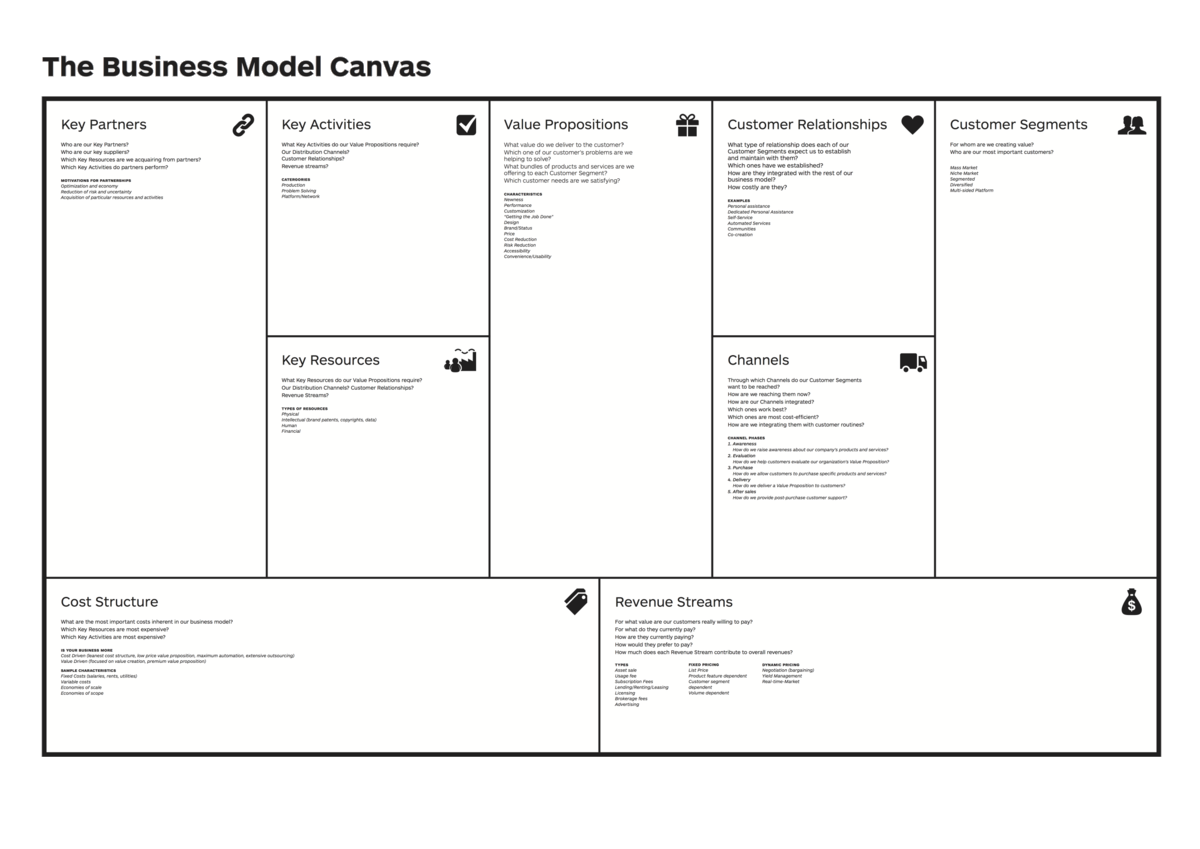
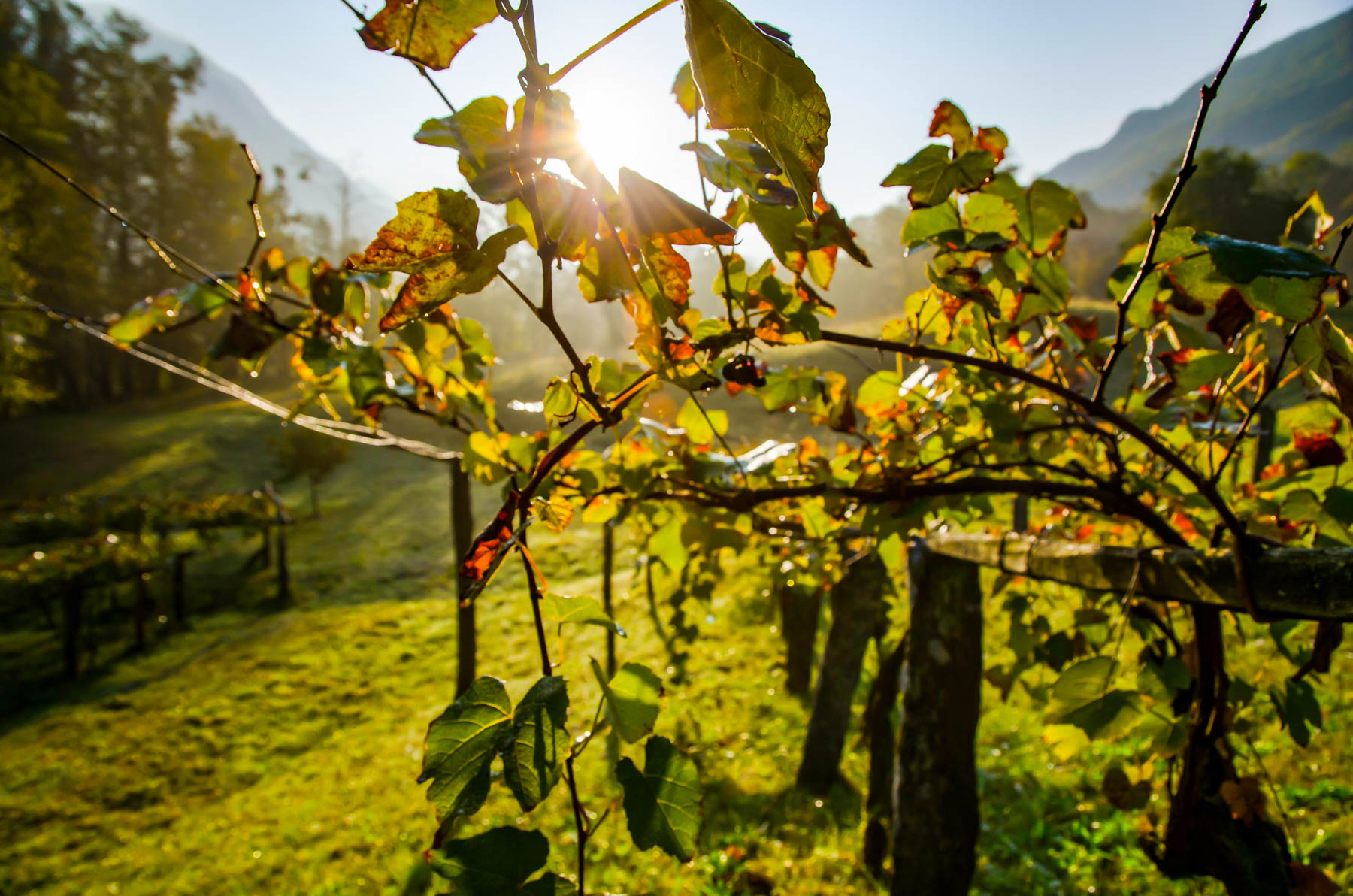
Dissemination
During the project, results will be presented at conferences and published in high impact journals. In addition, dissemination and education events will be organised (FARM-LAB) in all the sites, to share with stakeholders (e.g.: farmers) the project’s results. UCS will disseminate the potential use and advantages of CB for vertical farm systems. These events are planned during the project for all sites, one in the middle of the project and one at the end of the project.
FFG Education. An educational program will be developed in rural high schools and/or Agronomic Institutes (technological education) within the RIS area to share with future generations of farmers (students) (FFG) biochar production, the CB characteristics and field’s results.


